Did you know that about one-third of the global population consists of self-defined Christians? According to the Center for the Study of Global Christianity, around 2.1 billion people identified…
continue reading
48+ Sample Sample Budget Worksheets
-
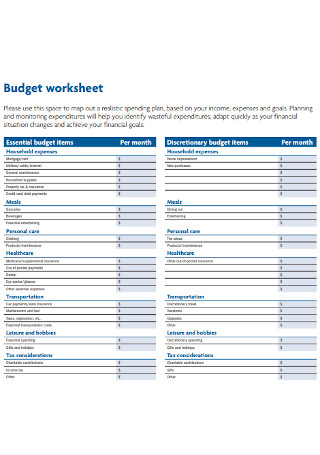
Sample Budget Worksheet Template
download now -
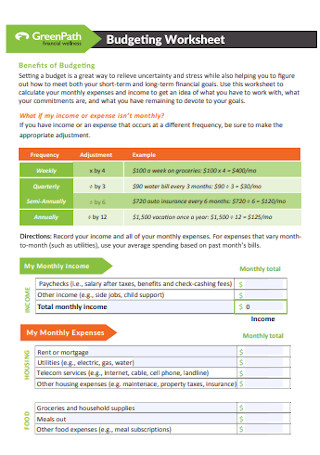
Budget Financial Worksheet
download now -
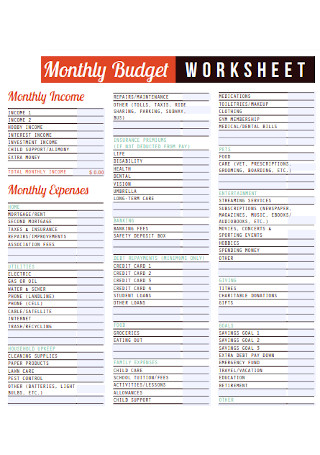
Monthly Budget Worksheet
download now -
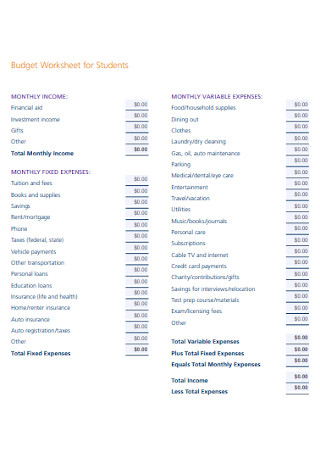
Budget Worksheet for Students
download now -
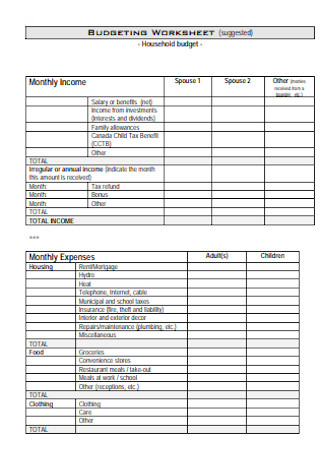
Household Budget Receipt
download now -
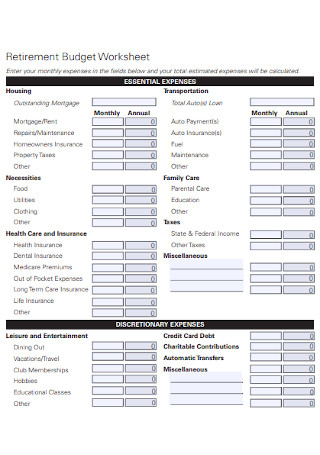
Retirement Budget Worksheet
download now -
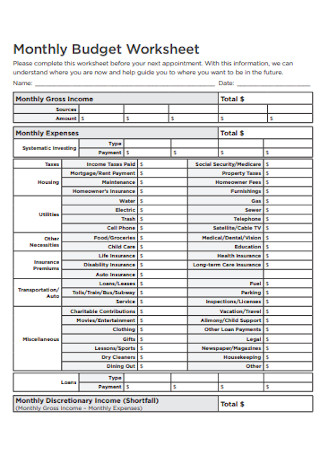
Monthly Budget Worksheet Template
download now -
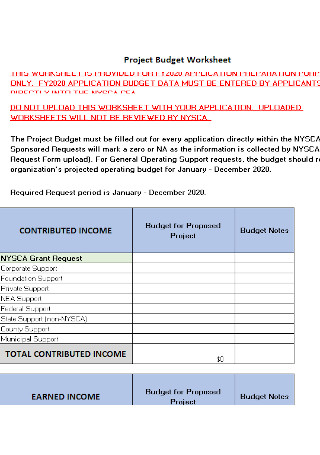
Project Budget Worksheet
download now -
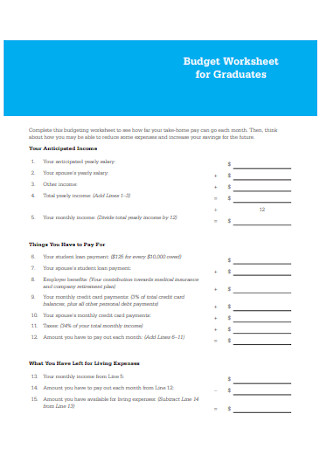
Budget Worksheet for Graduates
download now -
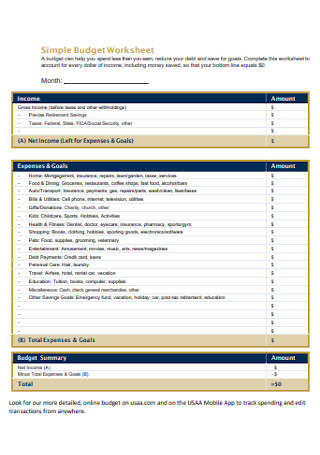
Simple Budget Worksheet
download now -
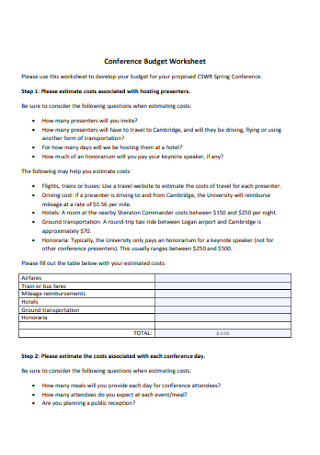
Budget Conference Worksheet
download now -
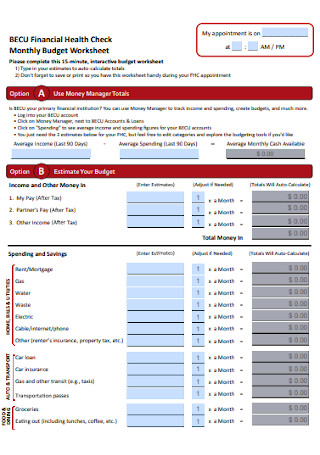
Financial Health Budget Worksheet
download now -
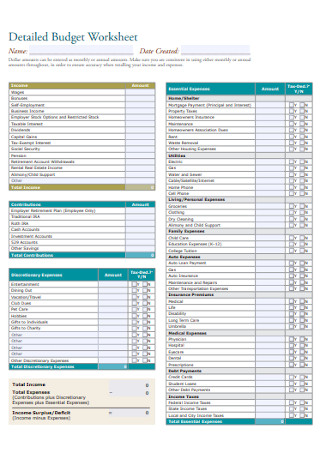
Detailed Budget Worksheet
download now -
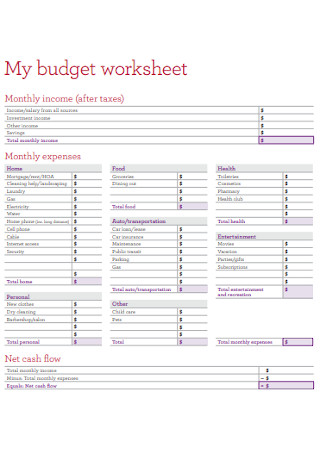
Sample My budget worksheet
download now -
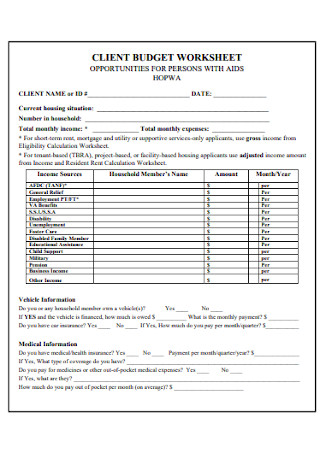
Client Budget Worksheet Template
download now -
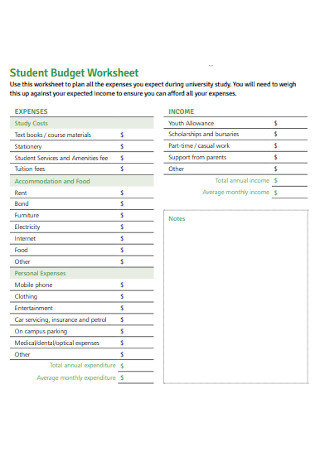
Student Budget Worksheet Template
download now -
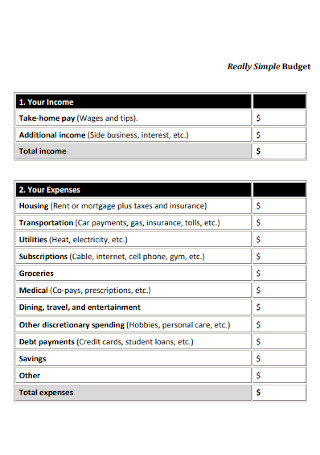
Simple Really Budget Worksheet
download now -
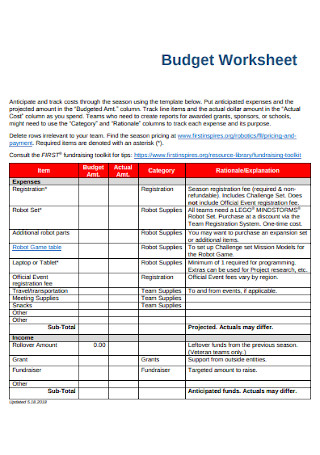
Formal Budget Worksheet Template
download now -
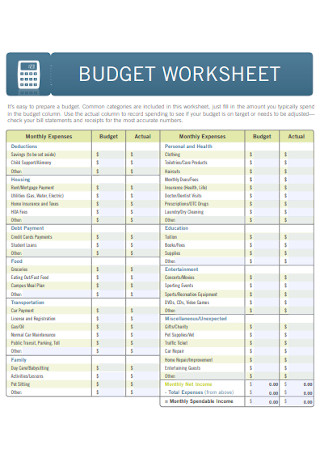
Standard Budget Worksheet Template
download now -
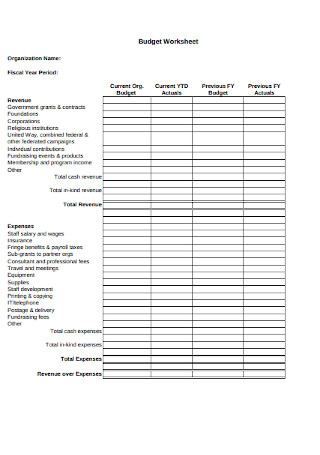
Non-Profit Budget Worksheet
download now -
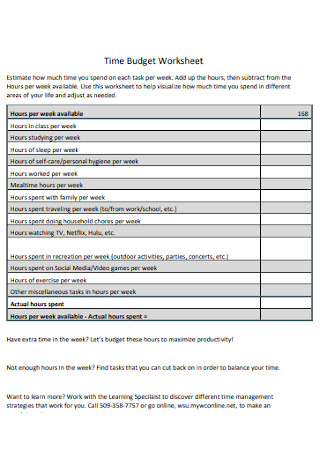
Time Budget Worksheet
download now -
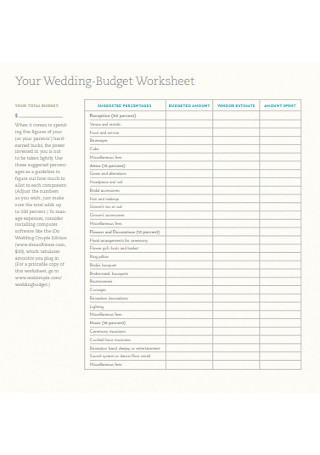
Wedding Budget Worksheet Template
download now -
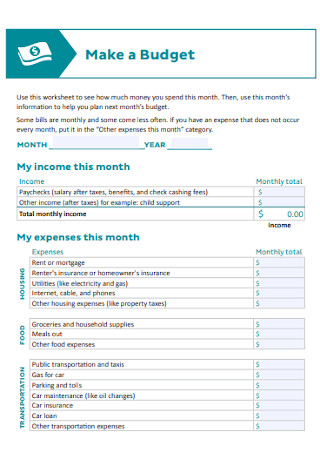
Budget Worksheet Template
download now -
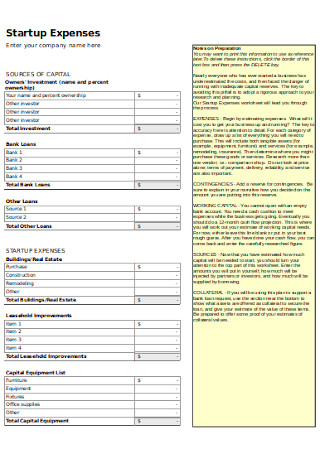
Startup Budget Worksheet Template
download now -
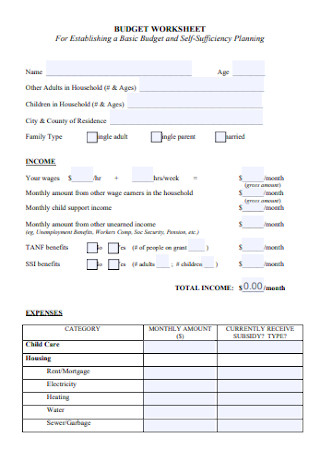
Budget Worksheet Format
download now -
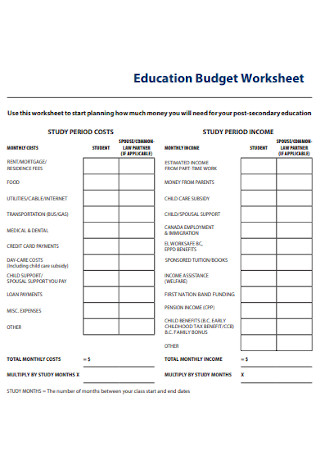
Education Budget Worksheet
download now -
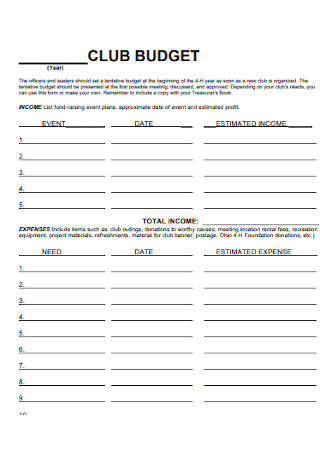
Club Budget Worksheet
download now -
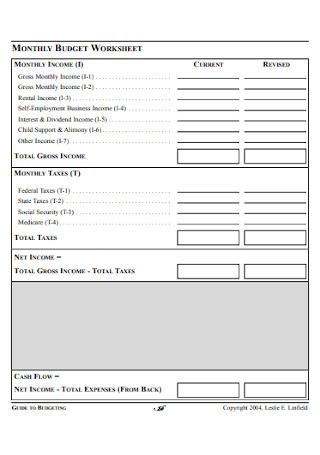
Sample Monthly Budget Worksheet
download now -
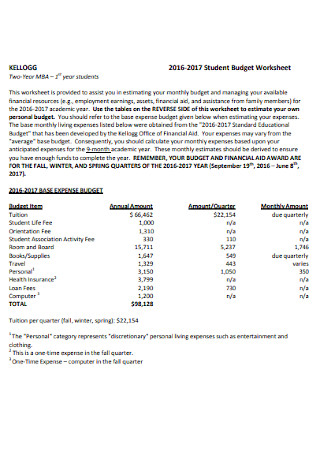
Student Budget Worksheet Example
download now -
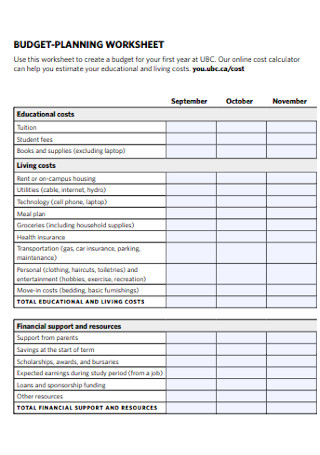
Budget Planning Worksheet
download now -
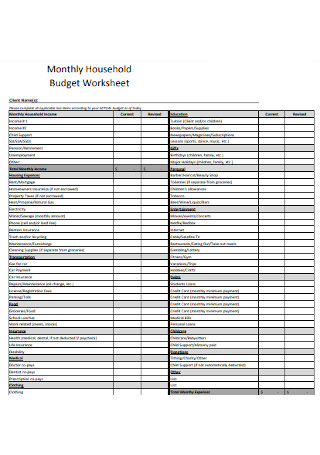
Monthly Household Budget Worksheet
download now -
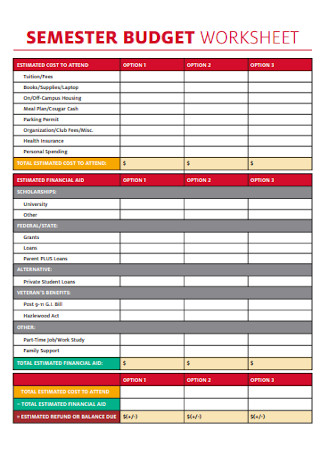
Semester Budget Receipt Template
download now -
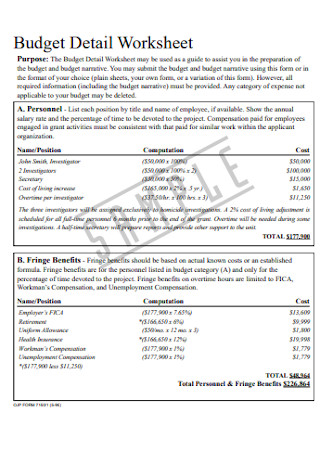
Budget Detail Worksheet
download now -
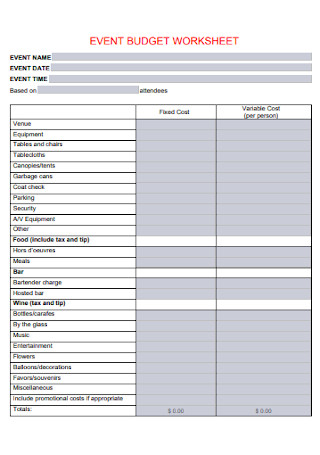
Event Budget Worksheet
download now -
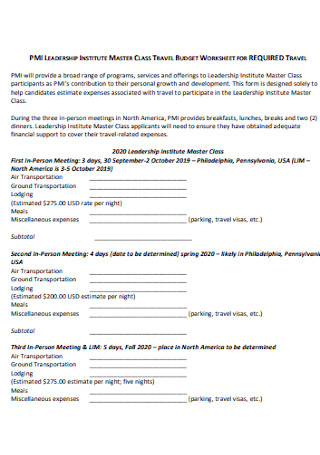
Travel Budget Worksheet
download now -
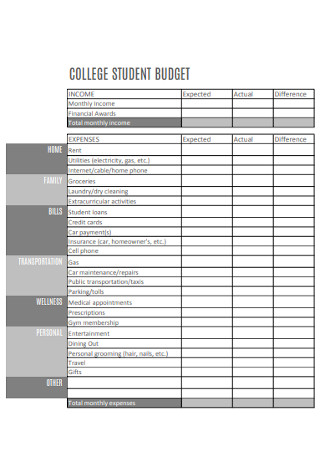
College Student Budget Worksheet
download now -
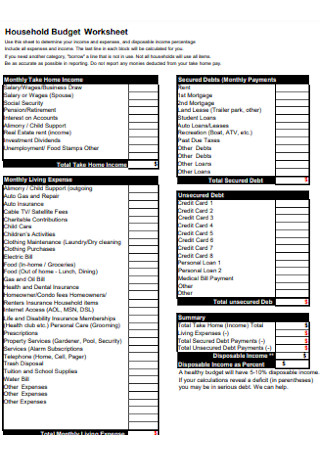
Household Budget Worksheet Example
download now -
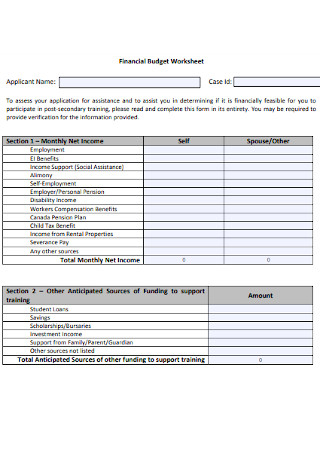
Financial Budget Worksheet Template
download now -

Project Budget Worksheet Template
download now -
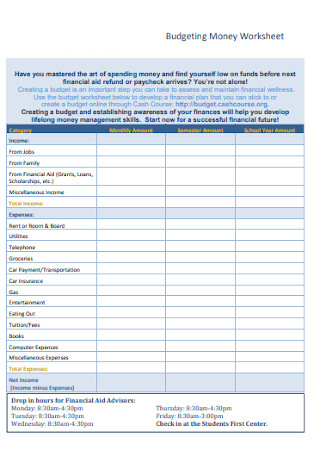
Budgeting Money Worksheet
download now -
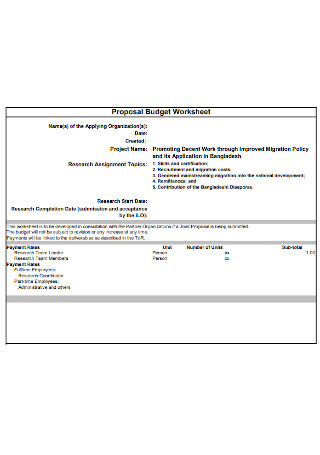
Proposal Budget Worksheet
download now -
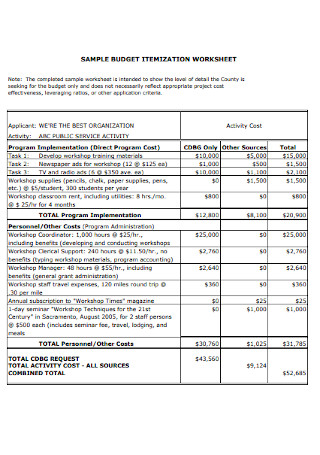
Sample Budget Itemization worksheet Template
download now -
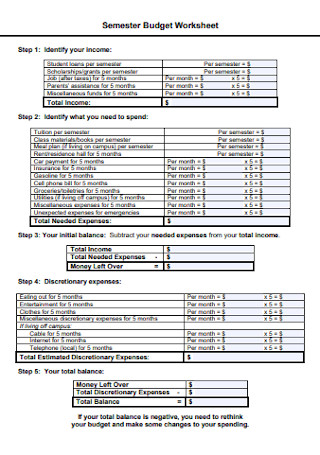
Semester Financial Budget Worksheet
download now -
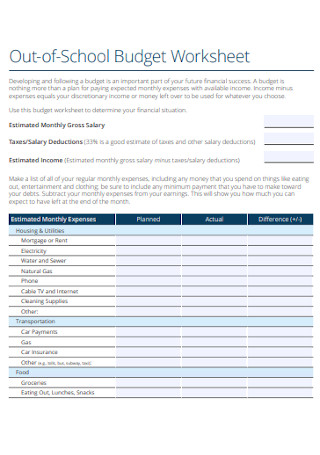
Out-of-School Budget Worksheet
download now -
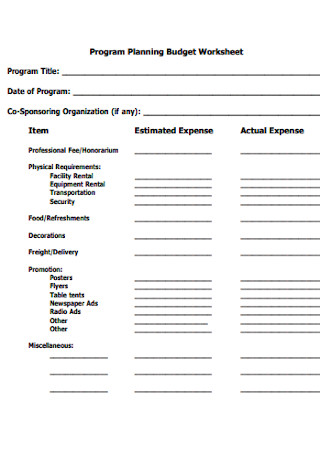
Program Planning Budget Worksheet
download now -
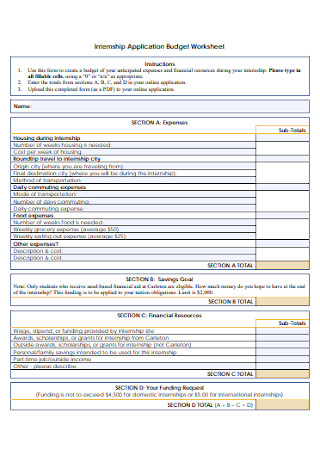
Internship Application Budget Worksheet
download now -
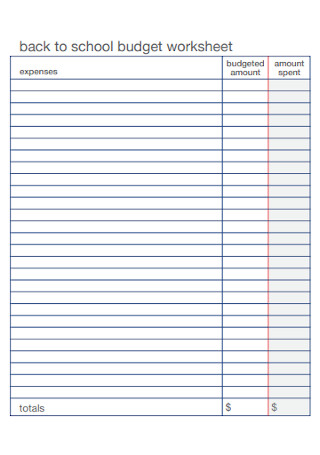
School Budget Worksheet
download now -
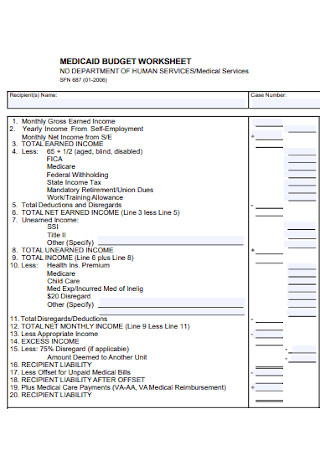
Medicaid Budget Worksheet
download now -
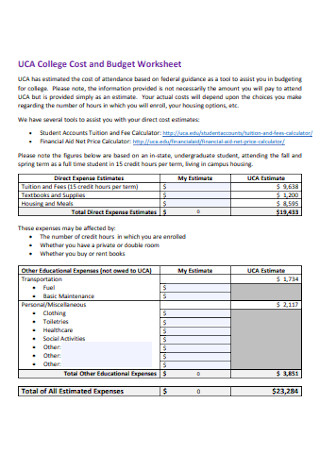
College Cost and Budget Worksheet
download now
Budget Worksheets: What Are They?
Budget worksheets are comprehensive tools to create, manage, and organize your professional and personal budget plan. Such worksheets are where you record your expenses daily, weekly, monthly, or even yearly. Also, you can base from the tool in crafting your project’s financial statement. Or perhaps, you find ways to be more lucrative if your current job offers low income. And no matter what budget plan you are going for, a budget worksheet’s content will depend on your purpose and budgeting strategies.
Did you know that only 30% of households in America have a proper long-term financial plan? That is, according to Making Sense of Cents.
Also, the 50/30/20 budgeting rule refers to having 50% of income towards needs, 30% for wants, and 20% for savings or paying debts.
Elements of a Typical Budget Worksheet
Budget worksheets are different for every user because people have varying reasons, strategies, and goals in budgeting. But generally, a standard budget worksheet would have the following elements:
How to Create a Budget Worksheet
Having a budget worksheet to rely on for any budgeting purpose will make your financial plans easier. But if you are still a beginner, how sure are you that you are using the right budget worksheet? In this section, you will learn the recommended steps of how to make an efficient budget worksheet:
Step 1: Assess and Analyze Your Budget Goals
What is your purpose for budgeting? Assess your goals first and conduct a financial analysis. This step helps you determine how your budget worksheet should be tailored, including what necessary details must be added to the worksheet.
Step 2: Pick Your Preferred Budget Worksheet Template
Don’t forget to explore and select the sample budget worksheets above. Your chosen template will eventually be what you will be working on to create the worksheet shortly. As budget worksheets are already premade, your only concern is to complete the missing details and personalize them according to your preference.
Step 3: Prepare the Metrics, Strategies, and Calculations
It has already been reiterated that specific goals and purposes are needed for budgeting. And you must have the appropriate metrics, strategies, or calculations to use for your budget worksheet. So in case you need to input a new amount to list in the sheet, the worksheet can solve its calculations for you. But that depends on how you have formatted the worksheet to work.
Step 4: Insert the Needed Elements
Recall those elements of a budget worksheet earlier as your guide on what to insert in the sheet. But don’t forget to really check if your worksheet is easy to follow, user-friendly, and reliable before actually depending on it. Thorough evaluations eventually let you form the best version of a budget worksheet to satisfy your budgeting needs.
FAQs
Why is a budget worksheet important?
Budget worksheets are vital to be fully aware of your daily expenses, paycheck, savings, debts, and other financial data. The last thing you want to have is struggling with money anyway. In fact, merely 30% of households in America prepared a long-term financial plan. And such statistics aren’t a good sign as people might not be able to survive financially at some point.
What are the types of budget?
In budgeting, recognizing the budget type is essential so you would know how to structure your budget worksheet. And the basic types of budget are personal budget, student budget, family budget, home budget, and business budget.
What are important tips to make a smart budget plan?
Smart financial tips are endless. But the following are some helpful ideas:
- Identify your income.
- Track your expenses daily.
- Calculate the difference between your expenses and savings.
- Clarify what to do with your savings.
- Make budget planning a habit.
Money is, no doubt, a commodity in life. You would have expenses spent anytime for a quality life. But excessive spending and poor financial management eventually lead you to devastating problems. Hence, use sample budget worksheets to have an edge in managing your finances appropriately.

